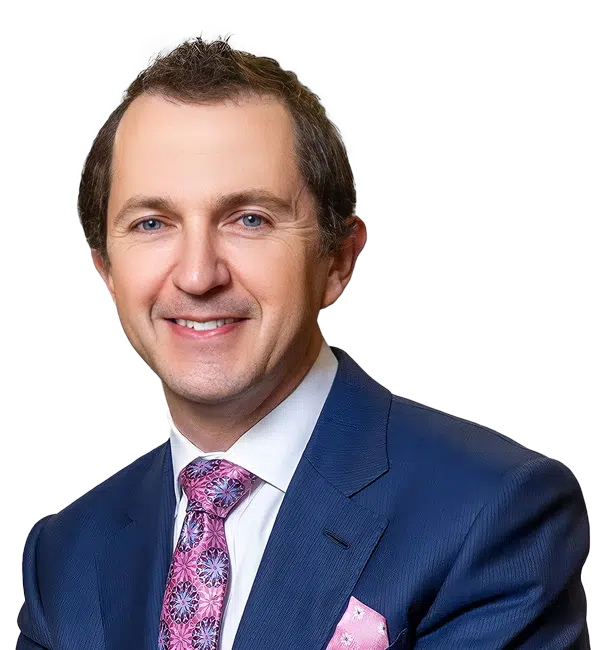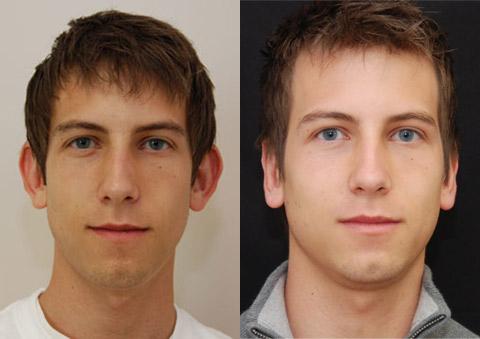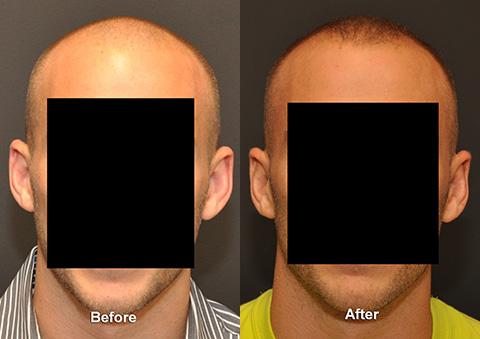Many people seek to understand the recovery process from ear reshaping surgery, including the duration and the expectations during this period. Whether you’re considering otoplasty or aiding someone who has undergone the procedure, you’re in good company. This comprehensive guide, authored by Dr. Donath, provides a thorough insight into the typical recovery timeline, strategies for managing post-surgery swelling, and valuable information on post-procedure expectations.

What Should You Know About Otoplasty?
Otoplasty, also known as ear pinning, is a cosmetic surgery often conducted to reshape or adjust the size of the ears. It involves modifying the cartilage behind the ears to attain a more aesthetically pleasing look. The ear pinning surgery can also correct deformities or enhance the position of the concha about the head.
The actual surgical procedure often involves a plastic surgeon making an incision behind the ear to access the ear cartilage. Thereafter, necessary modifications are made, like removing excess cartilage and stitching the remaining structure into a new shape.
How Long Does Otoplasty Surgery Take?
The length of the surgical procedure usually depends on the complexity of the case, but on average, it lasts between one to two hours. This is subject to several variables, including the patient’s medical history and the specific goals they hope to achieve from the surgery.
What to Expect Immediately After Surgery?
Once you wake up from the anesthesia, it is normal to feel a certain level of discomfort and pain in the ears. The doctors will put a compression bandage on your head to help reduce swelling and support the new ear shape as it heals. The healthcare provider will provide you with instructions on how to care for your bandages to prevent any unnecessary complications.
How Long Does Otoplasty Recovery Take?
Generally, full recovery from an otoplasty procedure takes about six weeks. However, most people start to feel better just a couple of weeks after surgery. It is important to remember that everyone’s body is unique and heals at a different rate. Therefore, your exact recovery time may vary slightly.
The First Week After Surgery
The first week after surgery is a critical phase during which you need to take extra care. It is vital to keep your head elevated during this time, even while sleeping, to keep the inflammation at bay. The bandages are usually removed a few days after surgery, but after their removal, you should wear a protective headband at night when sleeping for several weeks after surgery.
The Following Weeks After Surgery
In the following weeks after surgery, you might notice some degree of redness and swelling, which is a normal part of the healing process. During this period, you are expected to have a follow-up appointment with your doctor. The doctor will assess your recovery, check any residual swelling, and address any concerns that you might have.
Signs of a Successful Recovery
Here are a few indicators that your otoplasty recovery is going smoothly:
- Reduced swelling and pain.
- The incision is healing – it should start looking less red and angry as the days go by.
- Ears are starting to look more symmetrical.
If you are seeing these signs, that is good but remember, recovery is a gradual process, not an overnight miracle.
Tips to Aid Otoplasty Recovery
When it comes to supporting your body’s healing process, a few simple practices can make a big difference:
Bathing and Changing Clothes
Bathing should be done carefully to avoid getting the area around the ears wet. To prevent injuries, it is recommended to avoid pulling shirts over the head. Instead, use button-down shirts or shirts with a wide neck. Also, hairstyles that pull on the ear, including ponytails, are not advisable.
Healthy Habits
Maintain a balanced, nutrient-rich diet, and refrain from substances like alcohol and nicotine that can impair your healing.
Plenty of Rest and Activities
Proper body rest also aids the recovery process. It is recommended to use a couple of pillows to elevate the head and a protective headband when sleeping for several weeks post-surgery.
Normal activities, such as going to work and light physical activity, can be resumed within a week of otoplasty in Cincinnati. However, strenuous activities, like contact sports, should be avoided for at least two weeks post-op.
Avoiding Direct Sunlight
Sun exposure is also not recommended until after healing has fully taken place – about six weeks following surgery. To protect the ears from excess sun exposure, make sure to wear a hat or headscarf when outdoors in the months following surgery.
Keeping Your Head Cool (Both Literally and Figuratively!)
One important thing to remember is that keeping your head cool can be helpful during the recovery phase. This goes both ways – avoiding extreme temperatures (which can increase swelling) and staying calm and patient.
Gentle application of ice packs and following a healthy diet can help during this phase. Also, remember that sticking to soft foods, especially in the beginning, can help, as chewing might be slightly uncomfortable.
Cleaning the incision lines
Gently cleaning the incision lines with a Q-tip soaked in hydrogen peroxide can help prevent infection and keep the area clean.
Listen to your Surgeon
From the prescribed pain relievers to antibiotic ointments, ensure you comply strictly with their directions. Do not take any medications before consulting with your doctor.

What are the Potential Risks and Complications?
The risks associated with otoplasty surgery are rare but can include skin sensations, inflammation, infection, and allergic reaction to anesthesia.
If you notice any signs of infection, such as redness, excessive swelling, or discharge, it is important to contact your doctor right away for further guidance.
Dr. Donath encourages all patients to discuss any concerns they might have before surgery. Your doctor will explain all the potential risks and ensure you have a clear understanding.
Make an Appointment with an Otoplasty Expert
Otoplasty recovery requires time, patience, and adherence to post-surgery instructions. Most importantly, it needs the skill and experience of a facial plastic surgeon like Dr. Alexander Donath. He has successfully helped hundreds of people improve their self-esteem through ear surgery. To ensure you get the best care and experience, schedule an appointment with him today.
FAQs About Otoplasty Recovery
Many patients are concerned about pain management, the visibility of scars, and the time it takes to resume normal activities. We address these by providing detailed aftercare instructions and support throughout the recovery process.
Immediately following the surgery, patients typically experience mild discomfort, swelling, and some bruising around the ears. A headband is often required to support and protect the ears. Detailed post-surgery care instructions will be provided to ensure a smooth recovery.
Long-term care primarily involves monitoring the healing process and avoiding activities that could strain the ears. Regular follow-up appointments are essential to ensure the ears are healing correctly and to address any concerns. Long-term results are generally stable, with care taken to avoid direct trauma to the ears.
The recommended time off work or school varies, but typically, patients take about one week off. This allows adequate time for initial healing and reduces the risk of accidental bumps or strain on the ears.
Patients are advised to avoid wearing glasses or headphones that put pressure on the ears for at least a few weeks post-surgery. Alternative options can be discussed during your consultation.
Light activities can usually be resumed within a few days, but it’s best to avoid strenuous exercises or contact sports for up to six weeks to ensure proper healing.


